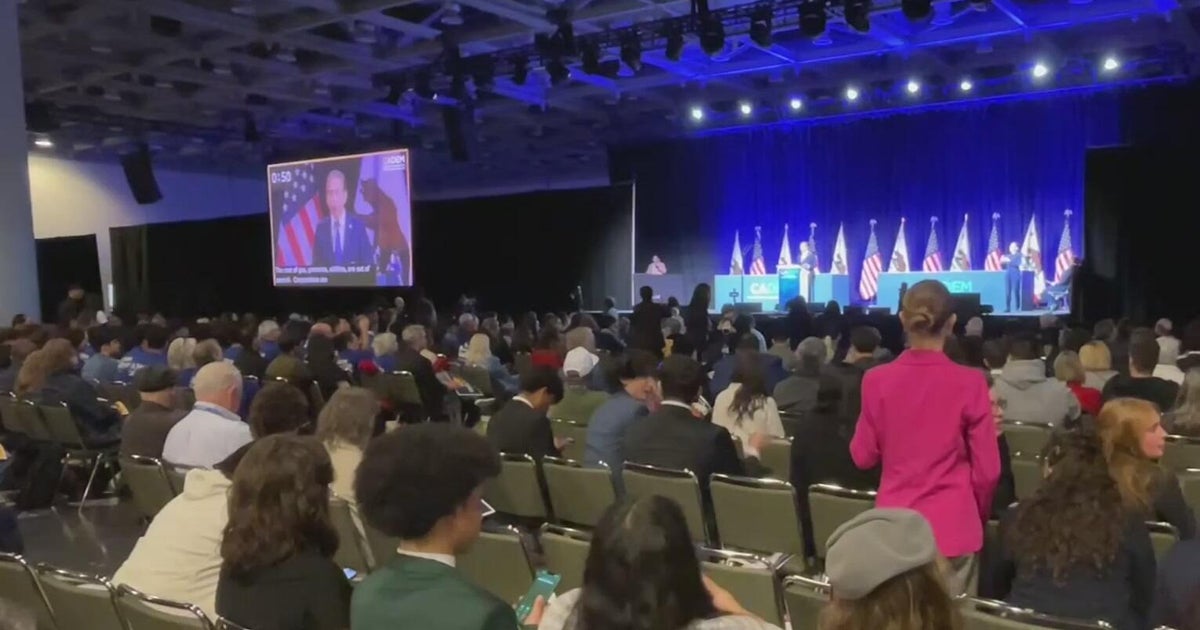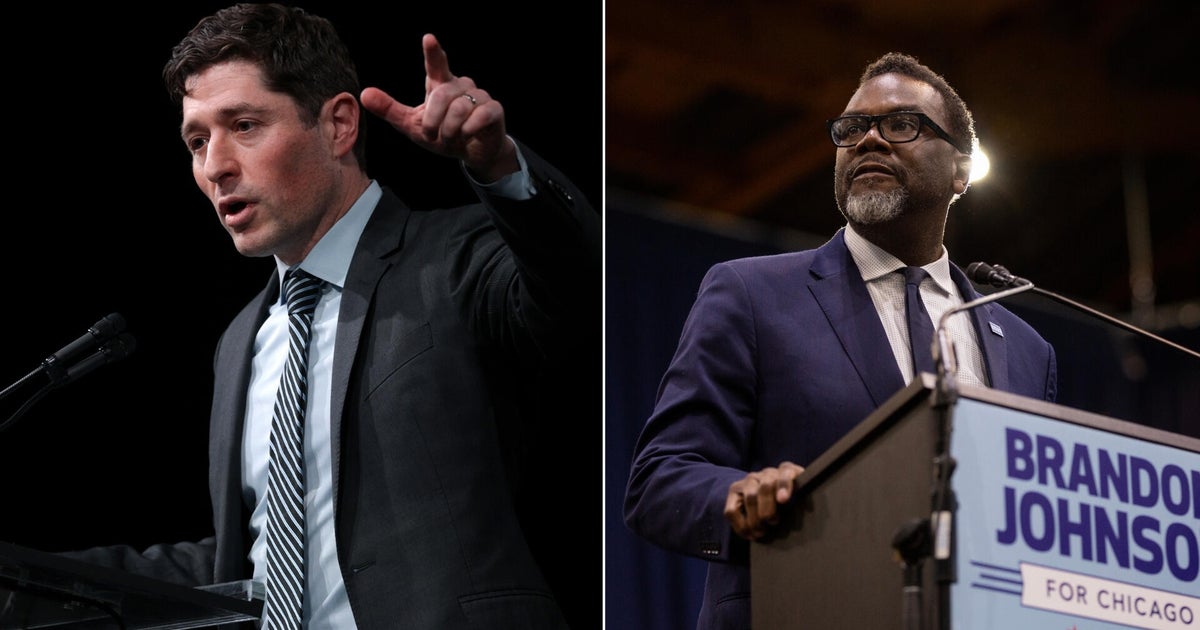DNC weighs changes to presidential nominating process
Some members of Democratic National Committee's powerful Rules and Bylaws Committee (RBC) on Friday continued to raise the prospect of overhauling the party's nominating process, including questioning the outsized role that states like Iowa play in determining the nominee.
The discussions came during the DNC's annual winter meetings, which are being held in Washington, D.C.
The Des Moines Register reported Friday on a proposal that would significantly change the way that the Democratic Party selects its nominee. It would require states to apply to hold their nominating contests in the early window and that window could include up to five states. Iowa, New Hampshire, Nevada and South Carolina are the four states who have been allowed to hold their contests ahead of other states.
But Jim Roosevelt, the co-chair of the RBC, said no such proposal will be coming from the committee at this moment.
"Some of you may have read about a supposed draft resolution," Roosevelt said. "No resolution is coming to this committee. The substance of the resolution is coming out of this conversation in this committee. There is no prepared resolution floating around out there."
He acknowledged that the subject had come up in the party's January meeting, but the only written document that emerged was a memo, not a resolution.
In that January meeting, members of the Rules and Bylaws Committee questioned whether there should be changes to the 2024 calendar, including whether Iowa should go first, as it traditionally does. One member, Mo Elleithee, said during that meeting that three factors should guide decisions about the early states: prioritizing primaries over caucuses, having more states that "reflect the diversity and rainbow that is the Democratic Party," and communicating Democratic messages in battleground states earlier.
"Three of the four current early window states satisfy at least two of those criteria. One does not satisfy any of them, at least in recent years," Elleithee said at the January meeting.
Elleithee reiterated those points on Friday, saying that following those criteria "gives us a roadmap by which to think about this process moving forward."
"Now is not a time for us as a party to stand on tradition, now is not a time for us to stand on status quo," Elleithee said Friday. "New Hampshire, Nevada and South Carolina can make a compelling argument on how they fit into that picture. I have a harder time seeing it with Iowa, but Iowa should be able to make that case to us. I want to hear how it fits into that framework, that view."
In an interview Wednesday, DNC Chair Jamie Harrison didn't express a preference about whether Iowa should be replaced as the first state to vote in the presidential primary process
"We're going to be deliberative, we're going to make sure that we do what's in the best interest of the party going forward. I'm looking forward to the conversation," he told CBS News. The former Senate candidate and party chair of South Carolina added that he wants his state to remain where it is in the primary calendar.
Harrison said Friday there would be three more virtual "listening sessions" to hear thoughts from Democrats nationwide about the primary calendar.
Scott Brennan, an RBC member from Iowa, defended Iowa's role in the process. He complained about a lack of transparency concerning the issues in the reported proposal, such as having five states during the early window instead of four, and the antipathy toward caucuses.
"We've talked about transparency and openness, so let's live that value," Brennan said. "I feel like I got whipsawed today. It's not fair to the people of Iowa. It's not fair to the four early states. If we want to have a process, that's fine, but then let's do it in sunlight, not in darkness."
Lorraine Miller, the co-chair of the RBC, sought to downplay the proposal, calling it a "working document" and a "framework." "What will actually be considered is what each of you decide," she added.
Discussions about moving Iowa's Democratic caucuses have been taking place since the chaotic 2020 event, when it took several days to tally results after party officials had problems reporting and calculating results, partly due to glitches in a new app.
Iowa and its caucuses have faced previous rounds of scrutiny in Democratic circles. Critics have said that the caucuses aren't inclusive enough, because they take place at a single time, and others have raised concerns that Iowa's lack of diversity does not reflect the modern-day Democratic Party.
Ahead of the 2020 nominating process, the DNC adopted rules encouraging parties to transition from caucuses to primaries in order to increase participation. The rules also required caucus states to provide absentee voting for people who could not participate in-person when the caucuses were scheduled.
Iowa Democrats proposed adding virtual caucuses, but the plan was scrapped by the national party in the summer of 2019. Instead, several satellite caucuses were held at earlier times on caucus day to fulfill a requirement to offer more access.
State laws could complicate attempts to overhaul the presidential nominating calendar. Iowa law requires the state to hold caucuses, while New Hampshire's state law says that the presidential primary will be held on the second Tuesday in March or 7 days before any other state holds a similar election. Nevada's governor signed a law last year that would make Nevada the first primary state.
"The four early states have done the work to represent and test future presidential candidates," said Artie Blanco, an RBC member from Nevada. "At the end of the day, Nevada really checks every step of that process. Our voters are diverse in race, but economic diversity. We both have urban and rural communities that participate. We have really opened the ballot to reach every one."
Members questioned whether any other states are looking to sign legislation regarding their placement in the primary calendar. No other states, besides Iowa and New Hampshire, were mentioned.
Republicans, meanwhile, have shown no interest in having a primary calendar fight. The Republican National Committee's Presidential Nominating Process Committee issued a report earlier this year recommending no substantial changes to the party's primary calendar. The RNC is expected to adopt those recommendations later this year.
Robert Costa contributed to this report.




